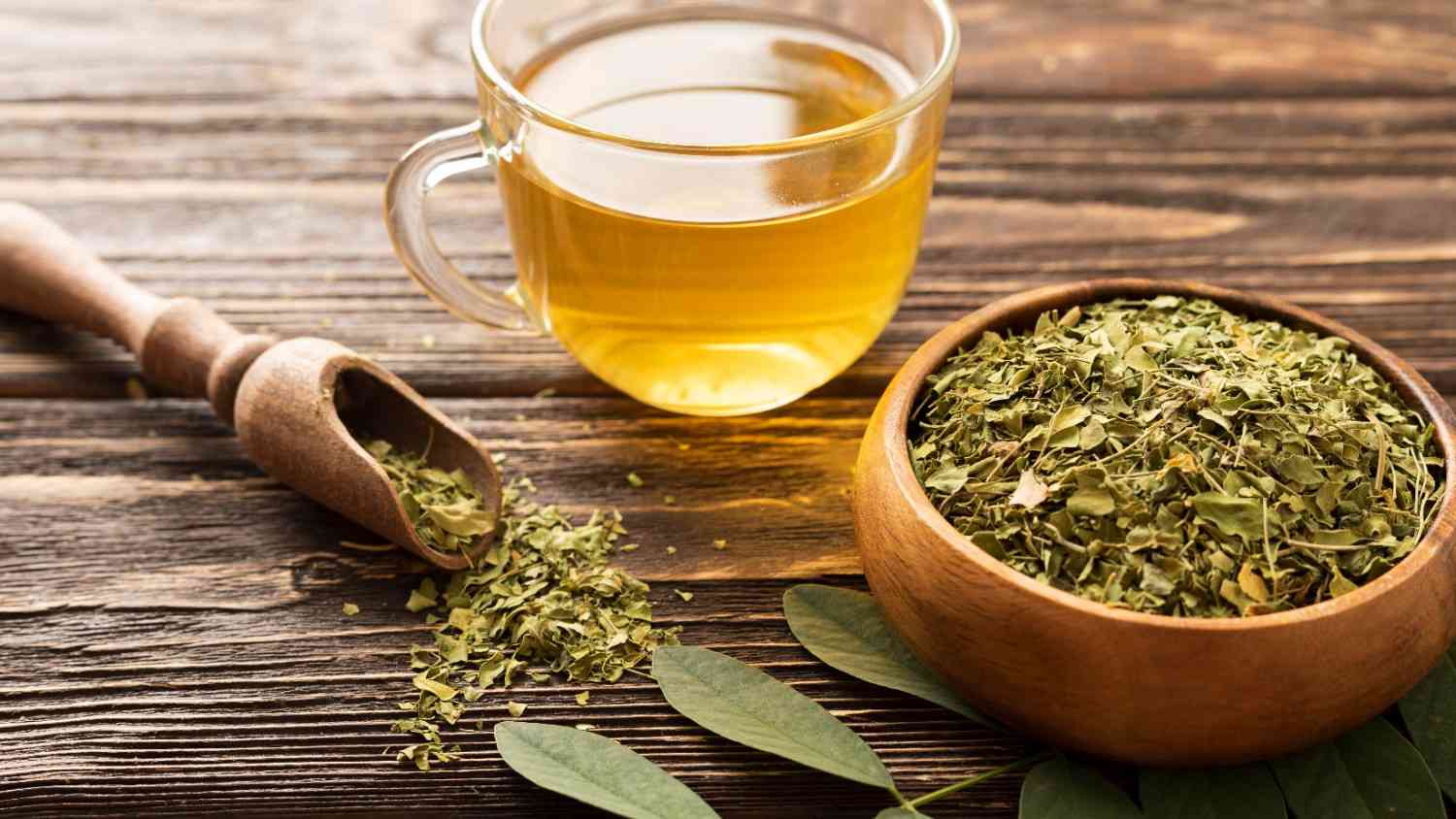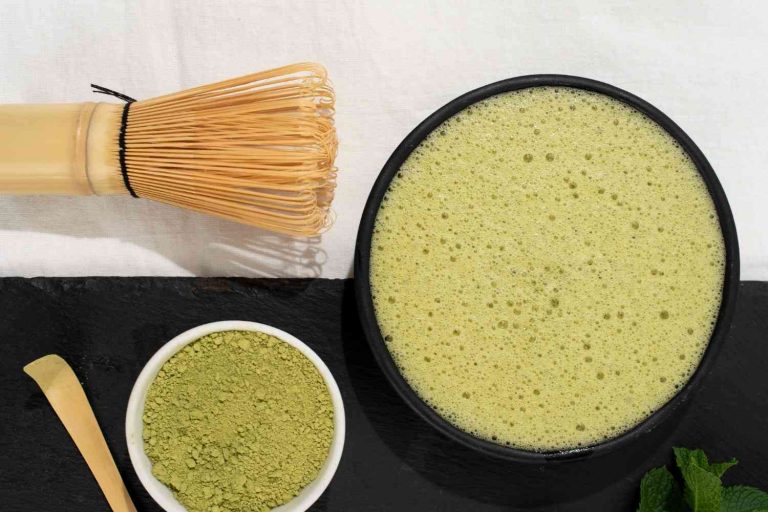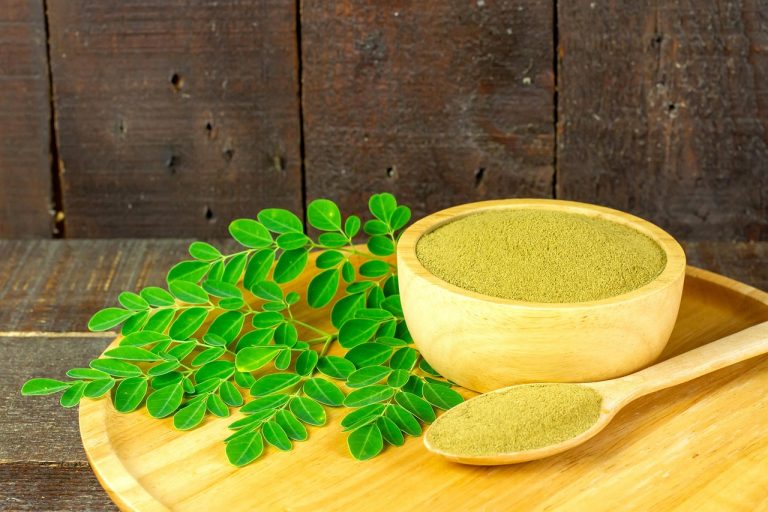Contents
The Surprising Benefits of Bay Leaf Tea for a Flatter Belly
Did you know that a simple leaf could potentially aid in your quest for a flatter belly? It might sound like a stretch, but bay leaves, often relegated to the background of your favorite stew or soup, have been celebrated for their health benefits for centuries. Bay leaf tea, in particular, is gaining attention for its potential to help with digestion, inflammation, and even weight management. So, let’s dive into the five benefits of bay leaf tea that could contribute to a flatter belly.
1. Aiding Digestion
One of the most significant benefits of bay leaf tea is its ability to promote better digestion. The compounds in bay leaves, particularly eugenol, have been shown to help alleviate symptoms of indigestion and bloating. When brewed into a tea, these compounds can help soothe the digestive tract, making it easier for your body to break down food.
Why This Matters:
If you’ve ever felt uncomfortably full after a meal, you know how bloating can affect your overall appearance and comfort level. Drinking bay leaf tea post-meal may help ease that discomfort, allowing you to feel lighter and more at ease.
Caveat:
While bay leaf tea can offer digestive relief, it’s not a miracle cure. If you have ongoing digestive issues, it’s always best to consult with a healthcare professional.
2. Reducing Inflammation
Chronic inflammation can lead to various health issues, including weight gain. Bay leaves contain antioxidants, which are known to combat inflammation. Drinking bay leaf tea may help reduce inflammation in the body, which could indirectly contribute to a flatter belly.
Research Insight:
A study published in the journal Antioxidants (Kumar et al., 2019) highlights the anti-inflammatory properties of bay leaves, suggesting they can help reduce oxidative stress in the body. When inflammation is reduced, your body can function more efficiently, including in the realm of metabolism.
Real-Life Application:
Imagine feeling less bloated after a long day at work. Sipping on a warm cup of bay leaf tea could be your evening ritual, all while promoting a healthier, less inflamed body.
3. Enhancing Metabolism
Bay leaves are rich in vitamins and minerals that can boost your metabolism. They contain B vitamins, such as B6 and B12, which are essential for energy production and metabolic processes. When your metabolism is running efficiently, your body can burn calories more effectively.
Practical Tip:
Try incorporating bay leaf tea into your morning routine. Swapping out your typical morning beverage for this herbal tea could give your metabolism a gentle nudge to kickstart the day.
Consider This:
While bay leaf tea can help enhance metabolism, it’s not a substitute for a balanced diet and regular exercise. Think of it as a supportive addition rather than the main event.
4. Managing Blood Sugar Levels
One of the more fascinating benefits of bay leaf tea is its potential to help regulate blood sugar levels. Research indicates that certain compounds in bay leaves may improve insulin sensitivity, making it easier for your body to process sugar.
The Science Behind It:
A study published in the Journal of Clinical Biochemistry and Nutrition (Omidian et al., 2016) found that bay leaf extract could lower blood sugar levels in individuals with type 2 diabetes. This is significant because stable blood sugar levels can prevent the spikes and crashes that often lead to cravings and overeating.
Tip for Success:
If you’re looking to manage your weight, consider pairing bay leaf tea with a balanced diet low in refined sugars. It could help you maintain steadier energy levels throughout the day.
5. Detoxification Support
Bay leaf tea can act as a mild diuretic, helping the body eliminate excess water and toxins. This detoxifying effect can lead to a flatter belly by reducing water retention and bloating.
How It Works:
The compounds in bay leaves can stimulate the kidneys, promoting urine production and flushing out toxins. A clean system can lead to a more toned appearance, especially around the abdomen.
Caution:
While detoxification is essential, it’s crucial not to overdo it. Drinking excessive amounts of bay leaf tea could lead to dehydration. Moderation is key.
FAQs About Bay Leaf Tea and Belly Fat
1. How often should I drink bay leaf tea for the best results?
Moderation is essential. Drinking 1-2 cups a day is typically recommended, but listen to your body and adjust based on how you feel.
2. Can I add other ingredients to bay leaf tea?
Absolutely! Consider adding lemon or honey for flavor and additional health benefits. Just be mindful of added sugars if you’re watching your calorie intake.
3. Is bay leaf tea safe for everyone?
While generally safe, pregnant or breastfeeding women should consult a healthcare provider before adding any herbal teas to their diet.
4. Can bay leaf tea help me lose weight?
While it won’t cause weight loss on its own, bay leaf tea can support your overall wellness and weight management efforts when combined with a healthy diet and exercise.
Conclusion: A Leafy Ally in Your Wellness Journey
Bay leaf tea might not be the first thing you think of when considering ways to achieve a flatter belly, but its potential benefits are worth exploring. From aiding digestion to supporting detoxification, this herbal tea packs a punch in more ways than one.
However, it’s essential to remember that no single food or drink will magically transform your body. Bay leaf tea can be a delightful and supportive addition to a balanced lifestyle that includes proper nutrition and exercise.
So next time you’re in the kitchen, consider steeping a little bay leaf tea. It might just be the warm, soothing drink you didn’t know you needed on your journey to wellness.
References
-
Kumar, S., Bhatia, A., & Singh, S. (2019). Antioxidant properties of bay leaves: A review. Antioxidants, 8(7), 204. https://doi.org/10.3390/antiox8070204
-
Omidian, K., Mohammadi, M., & Khosravi, M. (2016). Effects of bay leaf on blood glucose and lipid profiles in patients with type 2 diabetes. Journal of Clinical Biochemistry and Nutrition, 58(2), 130-135. https://doi.org/10.3164/jcbn.15-99
-
Mayo Clinic. (n.d.). Herbal tea: Health benefits and risks. Retrieved from https://www.mayoclinic.org/healthy-lifestyle/nutrition-and-healthy-eating/expert-answers/herbal-tea/faq-20057906
-
Cleveland Clinic. (n.d.). The health benefits of herbal tea. Retrieved from https://health.clevelandclinic.org/the-health-benefits-of-herbal-tea/
This article is for educational purposes only and is not a substitute for professional medical advice. Always consult a qualified healthcare provider before making changes to your health routine.
Get Your FREE Natural Health Guide!
Subscribe now and receive our exclusive ebook packed with natural health tips, practical wellness advice, and easy lifestyle changes, delivered straight to your inbox.





